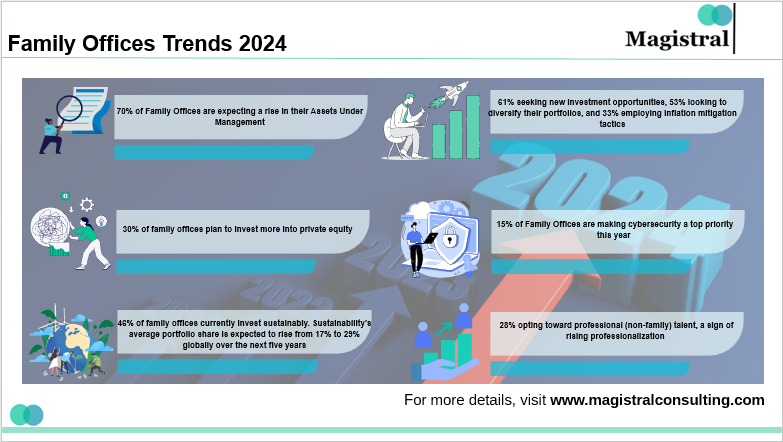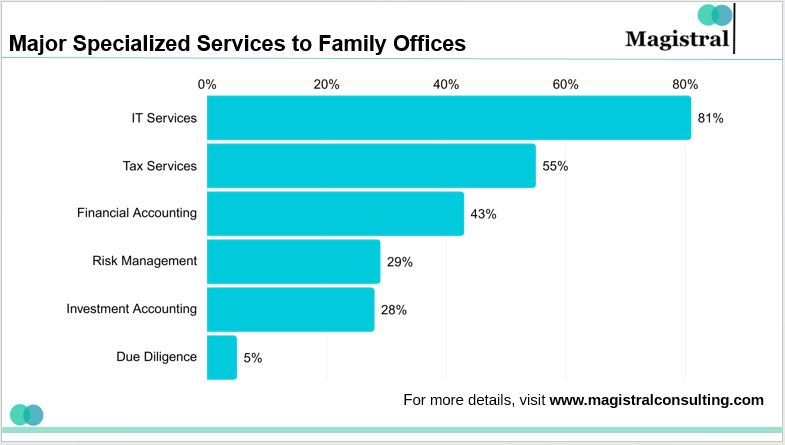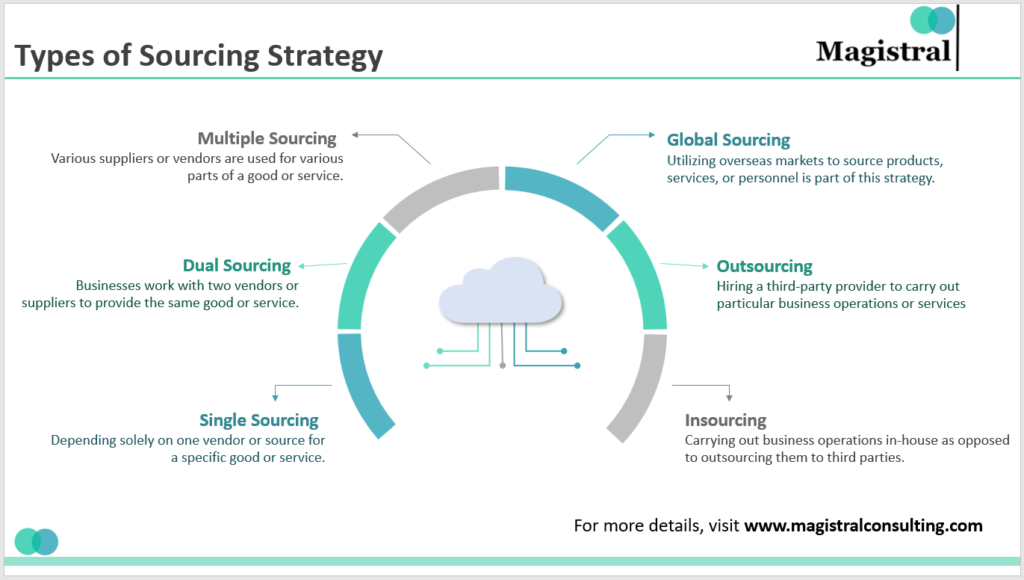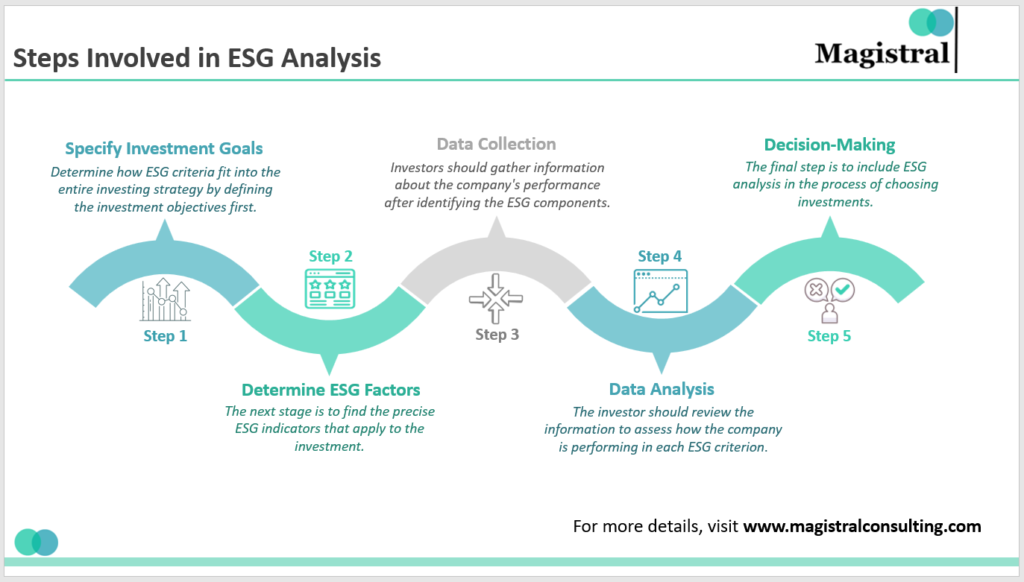By experiencing the very nature of generational talent, family offices are overseeing their operations as a significant part of their legacy. Apart from just following the trend family offices are opting towards hiring external talents to focus more on a larger, substantial, and specialized workforce for growth. Strategically, large family offices are turning more towards outsourced family office services with a positive attitude of working with an additional staff that is successfully reducing their burdensome and mundane tasks, allowing them to focus more towards maintaining and navigating their in-house talents with a vision of nurturing their new generation talents.
A report of 96% of family offices are demanding outsourcing services with a key area of investment compliance and regulation. The pressure for outsourcing comes from the demand for more sophisticated services, purposively for financial accounting and reporting. Outsourced family office services ensure a specialized solution attached with a cost-effective angle.
Family Offices Operations Outsourcing: A Cost-Satisfaction Trade-Off
Nowadays, the family offices often tasked with managing the financial and personal needs of high-end net-worth clients, are finding themselves balancing a thin line between operational efficiency and client and employee satisfaction.
According to a report, small family offices are spending 0.4% more proportionally on managing the assets they oversee, outsource around 50% of their work in comparison to 20% of large family offices, have around 30% less access to leading-edge technology, and have around 50% satisfied family member satisfaction percentage as compared to 100% for large families.
As family offices are realizing that outsourcing more services is boosting the satisfaction level of their clients with increasing AUM, administration and personal services become more important to support the broader needs, large and mid-size family offices are leaning more toward outsourced family office services.
Essential Trends in Family Office Operations Outsourcing: Insights to Consider
With an overall positive outlook, family offices are establishing a number that is reflecting a global rise in the market. Apart from preserving the family wealth and marching it toward generational success, these are also capitalizing on the market risks, contributing to the wealth of the nations. Following are some insights into how outsourcing is helping family offices to have focused and continuous growth and expansion:

Family Offices Trends 2024
Impacting and Philanthropic Investments
Equipped with an external team, family offices are exploring multi-directional ways of expanding their wealth by tapping hot investing opportunities in the market. Outsourced family office services allow them to establish a foundation for pursuing impactful investments that create measurable social and financial benefits.
Demand for Flexible Staff Model
The presence of hierarchical talents in a family business makes the decision-making process of the business obvious. By outsourcing, internal minds tend to convince themselves to explore areas and ideas that are out of their comfort and routine. Fractional or on-demand services depending on the requirement permit the family offices to adjust the scalability in accordance with the adaptability of the business.
Growth in Specialized Services
Apart from the specialized talent that family offices hold, outsourcing gives them access to various other specialized angles like an increasingly globalized network of administration centers, a workforce with diversified skills, access to sophisticated regulatory expertise, and ultimately access to a broader range of financial services and solutions. With all this support from outsourcing, family offices are committing their clients to on-time-demand services.

Major Specialized Services to Family Offices
Data Security Enhancement
With the growing technology cybersecurity is becoming a major matter of concern, especially for services-providing firms. Outsourced family office services help them maintain the confidentiality of the data. It is by growing focus on cybersecurity measures to protect sensitive family data and assets. Outsourcing serves family offices with a comprehensive plan for responding to attacks or invasions. It is a procedure to evaluate the threats and design a defense against them. And ultimately a plan to respond to the successful cyberattack.
Measurement of Performance and Accountability
Outsourcing the external team brings a sense of accountability to the internal team members. Outsourced family office services encourage them to perform better by pushing their capacities. It also enhances their learning by working with the external team. For instance, if the business manages the income and expenses internally then the bookkeeping part can be managed by the external team for better maintenance of accountability and responsibility.
Integration of ESG Considerations
The integration of ESG strategy with the values of family offices demands a genuine commitment from family offices to the ESG principles. Outsourced family office services help them identify and articulate their values and document them into a guiding framework to set specific ESG goals that are essential for lasting impact. Through extended hands, family offices incorporate ESG factors that will reflect a broader commitment to sustainability in investment strategies.
Collaborative Ecosystem
Family offices network with the external team which amplifies the pool of resources, collective actions, and expertise. It is to effectively address meaningful changes and leave a lasting legacy. The sense of collaboration and partnership adds to the specialized knowledge, unlocks innovation, harnesses technology. It also enhances philanthropic endeavors for outsourced family office services for family businesses. As the industry continues to evolve, outsourcing support will bring more and more scalability and success to the business.
Risk Management Enhancement and Cost Efficiency
Mitigating risk is paramount to wealth for any family business. The generational management in the family trains the internal members to follow the requirements of the business but with the rising external cybersecurity threats, families are taking a proactive approach to implementing outsourced comprehensive risk management strategies. Outsourcing firms have expert teams for cyber security and data protection. The most popular feature of outsourcing is its expertise and ability to be cost-efficient. By paying strict labor costs the outsourced family office services allow the family businesses to optimize their cost in accordance with the workload they have and the amount of responsibility they are willing to share externally.
Magistral’s Services for Family Offices
With the help of its specialized team, Magistral provides expertise knowledge, and skills that allow the family members to concentrate on key areas of work and enhance their decision-making and strategy development. Following are some major services of Magistral that lower the headache of internal members to manage the support functions:
Fundraising Support
Magistral develops a tailored strategy for outsourced family office services for fundraising. It is in order to attract high-net-worth institutions, individuals, and family offices. Based on the strategy, experienced analysts of Magistral prepare documents like pitch decks and investment memorandums. It is then followed by campaign planning and donor engagement.
Manager Due Diligence
To allow family offices to make informed decisions Magistral conducts an in-depth assessment of potential managers. It is for investment through background investigation on fund managers and key personnel. It is to verify their credentials and assess reputation.
Co-investment Deal Support
Magistral identifies potential co-investment opportunities that align with the strategies and goals of family offices. Through conducting market research and accessing various points for potential returns Magistral provides outsourced family office services. It is by following a legal procedure to comply with all the regulatory requirements.
Portfolio Monitoring and Support
By continuously monitoring the portfolio performance against the benchmark. The experts of Magistral evaluate the potential risk exposure across the portfolio. They craft the investment strategy in accordance with the risk tolerance of the respective family office.
About Magistral Consulting
Magistral Consulting has helped multiple funds and companies in outsourcing operations activities. It has service offerings for Private Equity, Venture Capital, Family Offices, Investment Banks, Asset Managers, Hedge Funds, Financial Consultants, Real Estate, REITs, RE funds, Corporates, and Portfolio companies. Its functional expertise is around Deal origination, Deal Execution, Due Diligence, Financial Modelling, Portfolio Management, and Equity Research
For setting up an appointment with a Magistral representative visit www.magistralconsulting.com/contact
About the Author
The article is authored by the Marketing Department of Magistral Consulting. For any business inquiries, you can reach out to prabhash.choudhary@magistralconsulting.com
What level of customization does Magistral provide to its clients?
Despite having a standardized drill for all its clients, Magistral provides flexible offers to its clients tailoring to their needs and requirements.
How does Magistral protect the sensitive data of Family Offices?
Magistral being a reputable outsourcing firm implements strict data protection protocols with encrypted access and control.
How does Magistral help Family offices save costs?
Magistral suggests and provides all possible ways and solutions to its clients to reduce their overhead costs and provide access to expertise in various fields.



